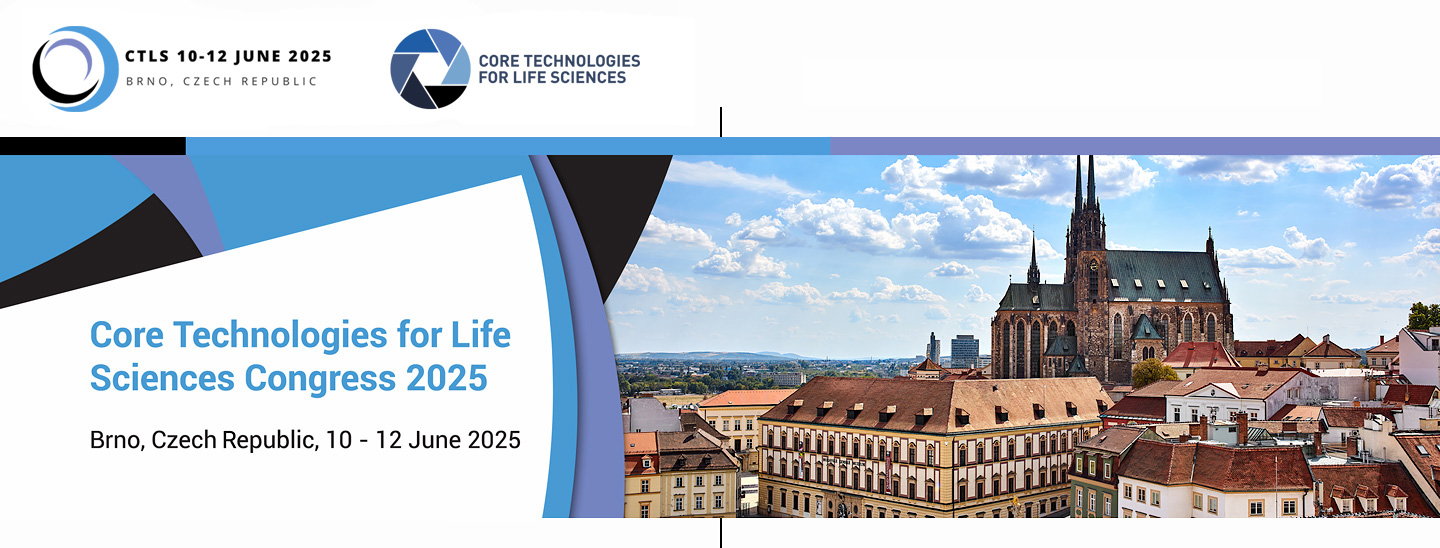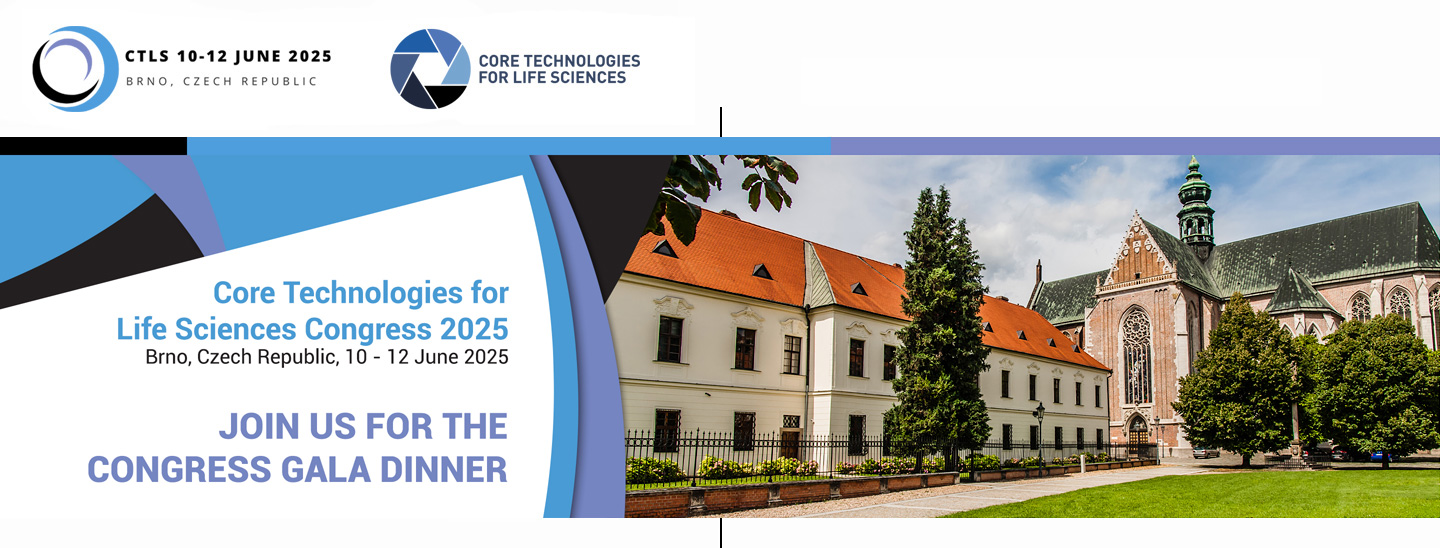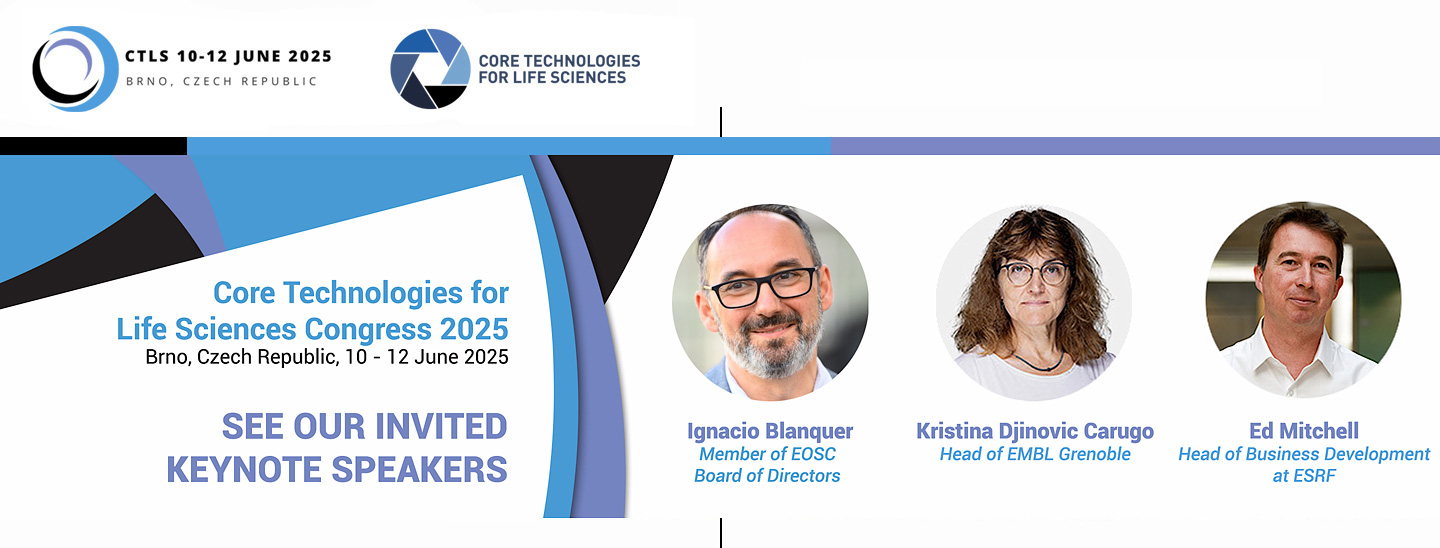Session Abstracts
1. Fostering Innovation in Core Facilities and Research Infrastructures
Session Co-Chairs: Zuzana Hlavenková, Barry Moran
Core facilities and research infrastructures are invaluable hubs of expertise, especially in critical technologies, creating fertile ground for generating ideas to improve existing technologies or pioneer alternative methods. This evolution transcends their traditional role as service providers to become catalysts for innovation. In this session, we will explore strategies for metamorphosing these facilities into vibrant innovation hubs, forging valuable partnerships with industry stakeholders. Leveraging success stories within core facilities and best practices for industry collaboration, like the flourishing electron microscopy sector in Brno, we'll uncover how these organizations can replicate the success of other thriving innovation hubs across Europe.
2. Industry Engagement – Technological Showcases
Session Co-Chairs: Julia Fernandez Rodriguez, Pavel Tomančák
While core facilities and research infrastructures encompass diverse types, their interactions with the economic and industrial landscape also vary significantly, presenting potential avenues for innovation. In this session, we will discuss strategies for maximizing partnerships with industry to expedite innovation, facilitate technology transfer, and address pressing societal challenges. Join us for insightful discussions on fostering productive collaborations and amplifying the impact of research-industry alliances.
3. Core Facilities and Open Science
Session Co-Chairs: Jiří Marek, Ralph Palmisano
This session explores how core facilities are pivotal in advancing open science principles and how the open science influence the core facility services. Main focus will be on FAIR data and their management. Through case studies and best practices, we highlight role of core facilities in fostering collaboration, transparency, and accessibility in research. Join us to discover how core facilities enhance reproducibility, and promote inclusivity, shaping a collaborative research landscape for the benefit of all.
4. How to make institutions/research groups aware of the importance of core facilities
Session Co-Chairs: Kateřina Hošková, Gert Van Minnebruggen
Many institutions worldwide have established their own in-house core facilities, which serve as hubs for cutting-edge scientific exploration. Yet, despite their pivotal role in catalyzing innovation and discovery, many institutions or research groups may overlook these facilities' profound impact. This session aims to share strategies for fostering institutional awareness of core facilities and emphasizing their importance in driving research excellence. Topics include fostering interdisciplinary collaboration, communicating benefits effectively, and garnering institutional support. We will bring also the important question of whether core facilities should only do service, or whether internal research and technological development should also be part of their mission.
5. Professional development and Career Path
Session Co-Chairs: Valentina Adami, Eliška Handlířová
Join us for practical sessions where people share their experiences managing staff, navigating career pathways in academic core facilities or moving to technology roles in industry, and fostering career advancement and personal growth at core facilities. How techniques such as mentoring, job shadowing can help?
6. Building national CF community
Session Co-Chairs: Ondřej Hradil, Gabriella Tedeschi
Why to build a national CF community? What are the benefits of building it and for whom? How can a cohesive national core facility community be built across a diverse research landscape? Which resources can be shared? How can we maximize collective impact and drive innovation together? What is the trigger point of such initiatives? What is the role of national and pan-European CF communities and initiatives? Join us to hear real successful examples.
7. How to develop a successful training program
Session Co-Chairs: Luisa Cortes, Daniel Hadraba
What are the essential components of designing and implementing successful training programs for CF users or CF operators? How do you gain learning experience and become a good trainer? Key considerations include structuring the content, delivery methods (lecture, hands-on, simulation, etc.), feedback surveys, and ongoing improvement strategies.
8. Cross-facility workflows and cooperation
Session Co-Chairs: Aleš Benda, Josh Rappoport
This session explores strategies for optimizing collaboration and workflows across multiple facilities to amplify the efficiency and impact of user projects. Through presentations and discussions, we'll tackle key topics such as development of tools for enabling multimodal imaging (hardware & software).
9. Core for life (C4L) Challenge Projects
Session Co-Chairs: Monica Morales, Vivian Lu Tan
Core for Life (C4L), founded in 2012, is an alliance of eight leading European life science institutes (CRG, EMBL, FGCZ, Institut Curie, Institut Pasteur, MPI-CBG, VBCF, and VIB) that brings together core facility expertise and resources to drive scientific and technological progress. Committed to innovation, C4L initiates collaborative projects across its platforms and member institutes. These projects focus on cutting-edge technologies and generate community-driven value through benchmarking, protocol optimization, quality control standards, surveys, and training initiatives.






